Open Page with Sebastian Smee
![]() Sebastian Smee, born in 1972 in Adelaide, is now a Pulitzer Prize-winning art critic at The Washington Post. He has written widely about art and is the author of The Art of Rivalry: Four friendships, betrayals, and breakthroughs in modern art and Paris in Ruins: Love, war, and the birth of Impressionism. He lives in Boston.
Sebastian Smee, born in 1972 in Adelaide, is now a Pulitzer Prize-winning art critic at The Washington Post. He has written widely about art and is the author of The Art of Rivalry: Four friendships, betrayals, and breakthroughs in modern art and Paris in Ruins: Love, war, and the birth of Impressionism. He lives in Boston.
If you could go anywhere tomorrow, where would it be, and why?
Dakar, in Senegal. I’ve never been to Africa. A friend who went recently said it was incredible.
What’s your idea of hell?
Having to read nothing but academic dissertations for a year.
What do you consider the most specious virtue?
Diligence. Sometimes it might be better to set aside the ‘to do’ list, lose focus, not see the thing through, and wander off rather irresponsibly in another direction.
What’s your favourite film?
Fellini’s 8½. So funny, pathetic, anxious, and amorous. The dream chapter, where Guido flashes back to his childhood bedtime, is the most gorgeous sequence in cinema history.
And your favourite book?
The Adventures of Augie March by Saul Bellow. But to avoid repetition (see below), I’ll say Lampedusa’s The Leopard.
Name the three people with whom you would most like to dine.
James Parker, Annabel Crabb, Jeremy Eichler. Friends all three. Brilliant writers. Great human beings. But if friends are ineligible: Hisham Matar, Adam Phillips, Helen Garner.
Which word do you most dislike, and which one would you like to see back in public usage?
‘Metrics’. So boring. Why did we think quantifying everything and then dementedly instrumentalising those numbers would be a good idea? ‘Crumpet’. You never hear the word in the United States because no one eats crumpets. Partly, I like that it rhymes with ‘strumpet’ (which, again, no one uses).
Who is your favourite author?
Alice Munro. So seemingly artless, so deeply artistic.
And your favourite literary hero or heroine?
Augie March. Always falling under the spell of charismatic people, always falling in love, always left trying to extract himself from other people’s ‘schemes’, and always with his eye on something better, more beautiful.
Which quality do you most admire in a writer?
I love writers who carve out new possibilities for language. But I’m turned off if it starts to feel meretricious. So Chekhov, Tolstoy, Garner, and Munro are lodestars. I also love novels (Lolita, Light Years, The Moviegoer, the Outline trilogy, The Virgin Suicides) by writers who achieve energy and poignancy through original language or fastidiously controlled voice.
Which book influenced you most in your youth?
Probably Ian McEwan’s First Love, Last Rites. I see now that early McEwan’s macabre and sexual streak was probably a bit much, but it spoke to me powerfully at the time. I liked how heartfelt and open he could be when ventriloquising children. In a similar spirit (youthful sincerity in love), I adored Monkey Grip and On the Road.
Name an early literary idol or influence whom you no longer admire – or vice versa.
Martin Amis. So gifted. So funny. Reading London Fields, Money, and The Moronic Inferno at college, in the company of clever people, was thrilling. But I can’t read him now without missing a sense of life not weighed down by the pressure to be clever, not reflexively italicised.
Do you have a favourite podcast?
Chat 10, Looks 3. Crabb and Sales have the podcast secret sauce. It’s a pleasure sitting in on their recorded conversations which model an authentically grown-up, caring, humour-filled friendship, and great judgement about people and books.
What, if anything, impedes your writing?
I don’t think I get enough sleep, and I watch too much soccer.
What qualities do you look for in critics?
A sense of the art form they’re writing about – and criticism itself – being embedded in life. That necessitates having a sense of humour, which makes for more pleasurable reading.
How do you find working with editors?
Fine. I feel gratitude.
What do you think of writers’ festivals?
They barely exist in the United States, so when I come home to Australia they seem wonderful, fresh, civilised. I can imagine alternative points of view.
Are artists valued in our society?
The rhetoric around ‘creativity’ as an unassailable value would suggest they are valued very highly. People go gooey around the idea of art. But that prestige doesn’t reliably translate to income for our best artists, which suggests that they are undervalued or at least that we haven’t figured out how to ‘monetise’ certain forms of creativity.
What are you working on now?
A Washington Post story about three Jackson Pollock paintings stolen from the apartment of a Harvard professor in 1973, the year the National Gallery of Australia bought Blue Poles.



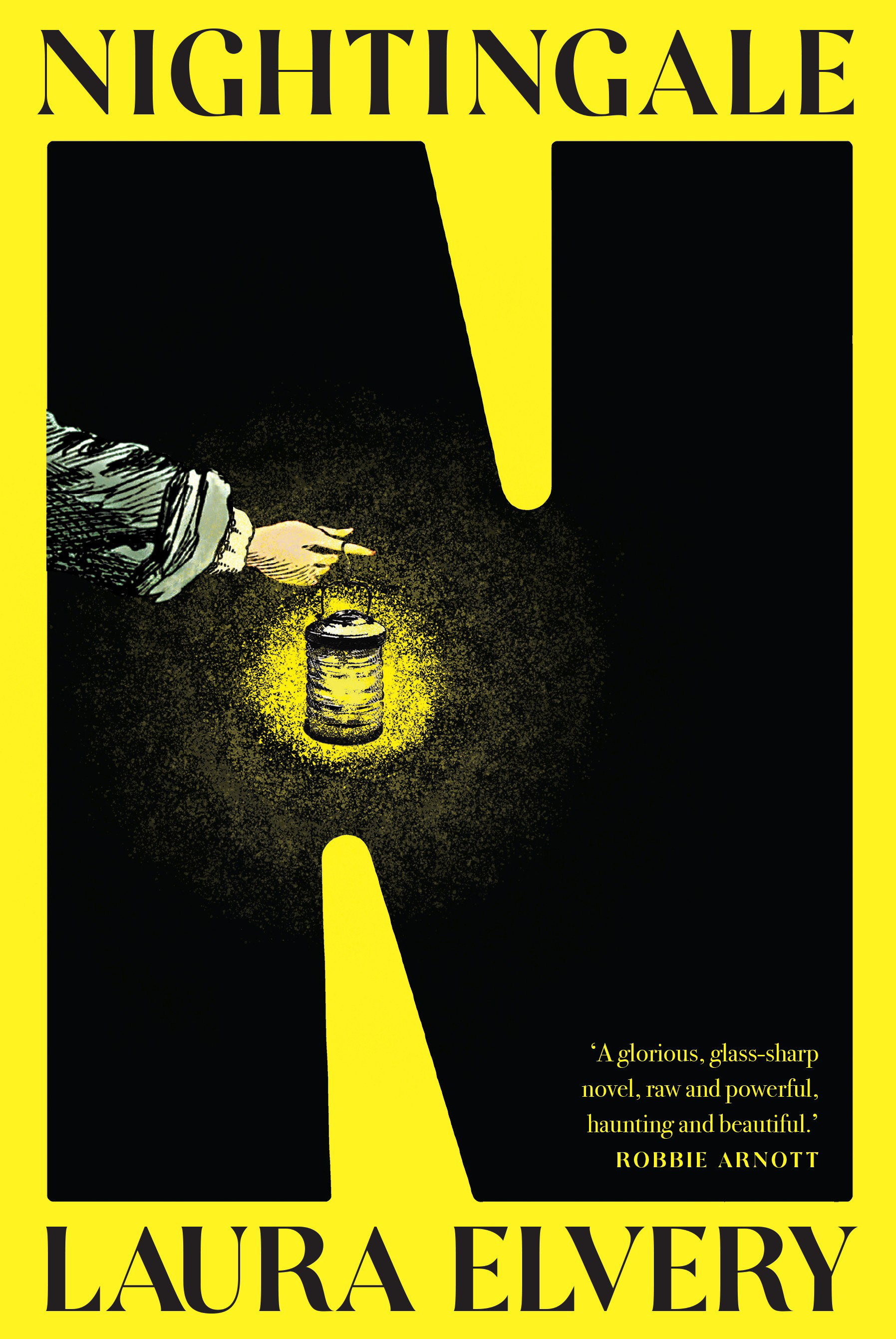
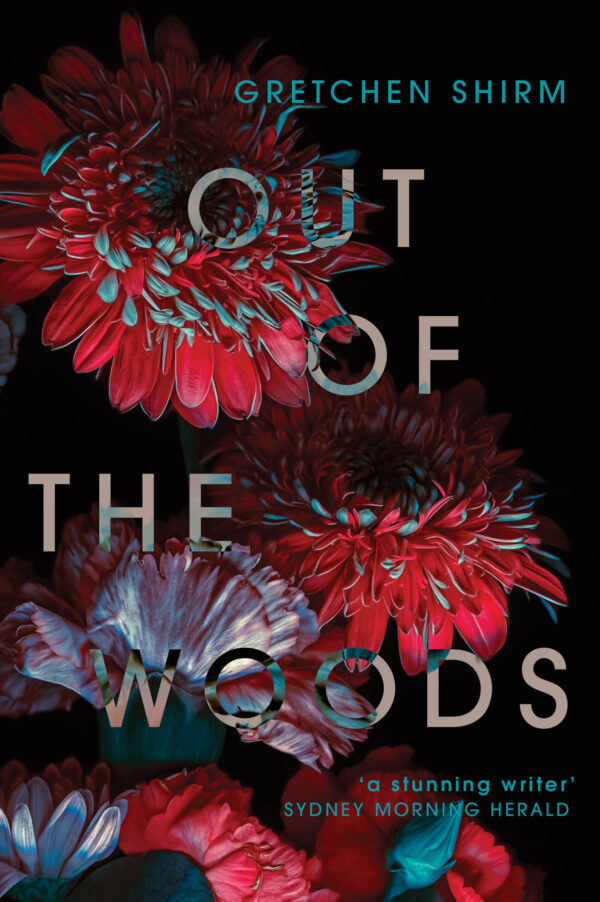
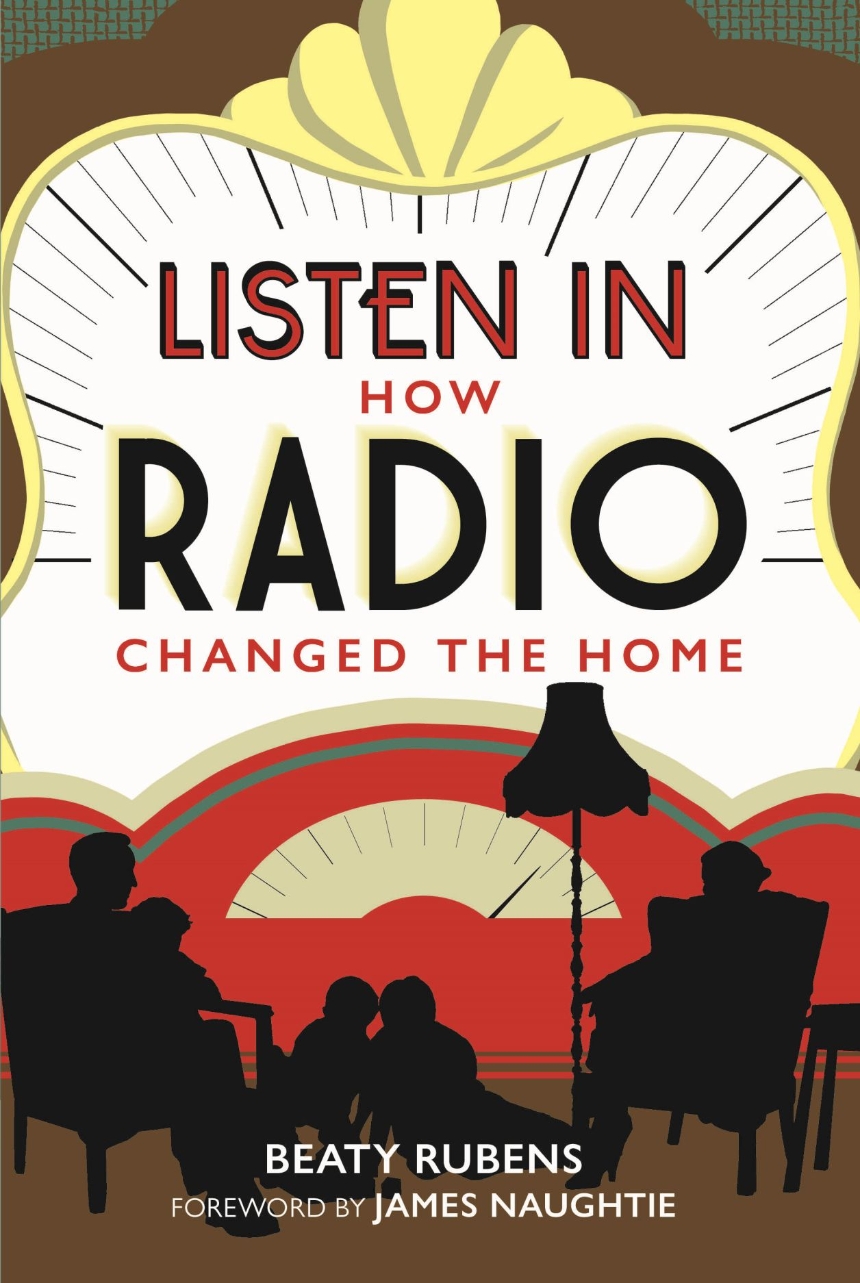
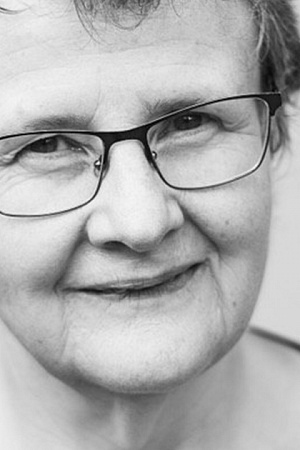
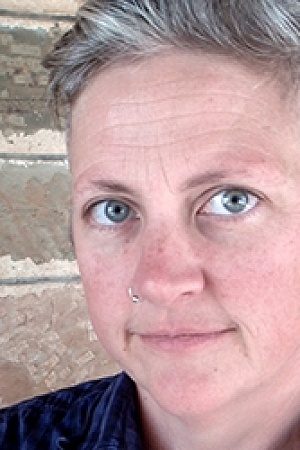

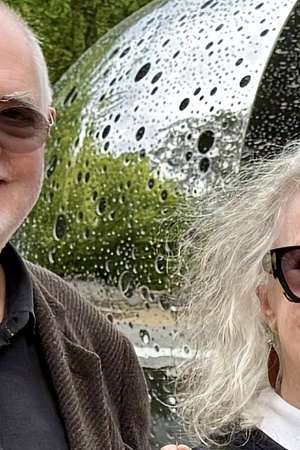




Leave a comment
If you are an ABR subscriber, you will need to sign in to post a comment.
If you have forgotten your sign in details, or if you receive an error message when trying to submit your comment, please email your comment (and the name of the article to which it relates) to ABR Comments. We will review your comment and, subject to approval, we will post it under your name.
Please note that all comments must be approved by ABR and comply with our Terms & Conditions.